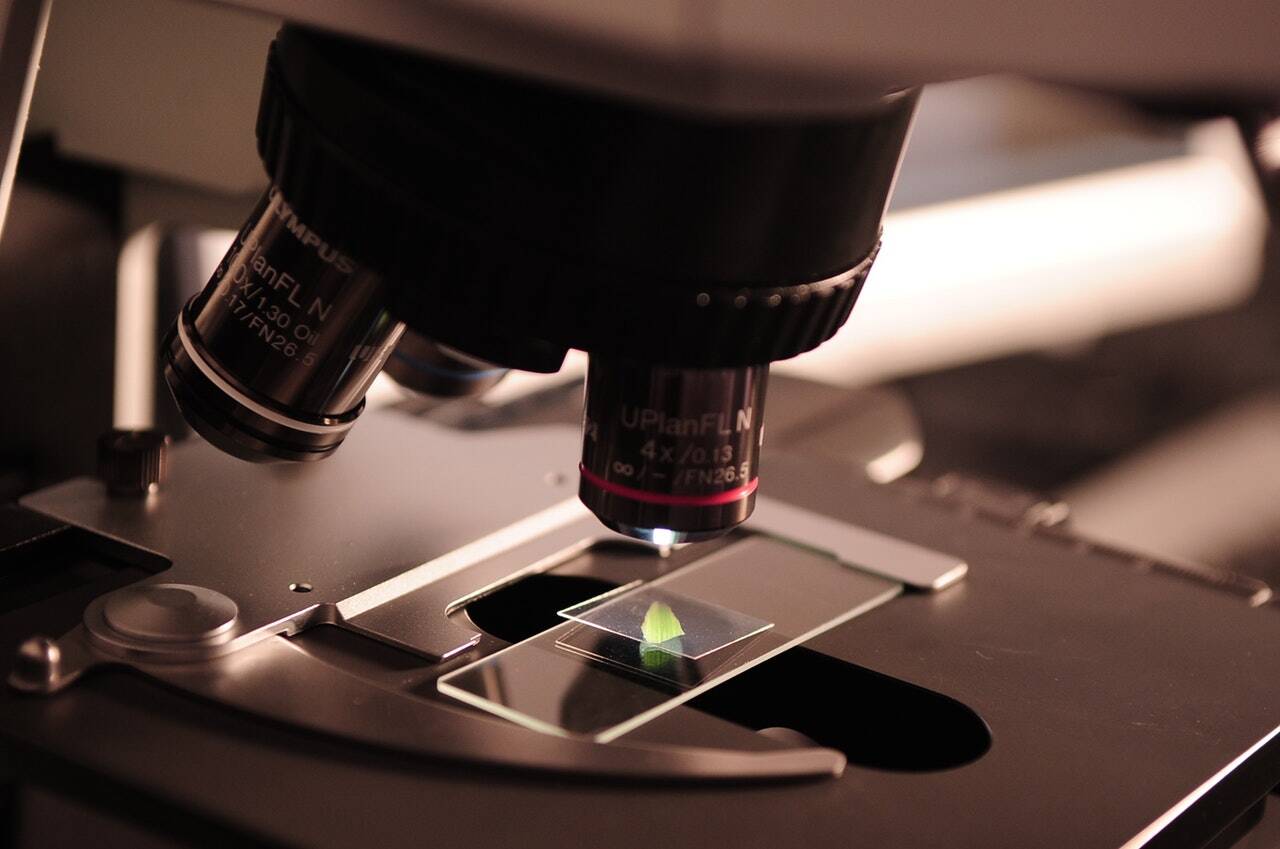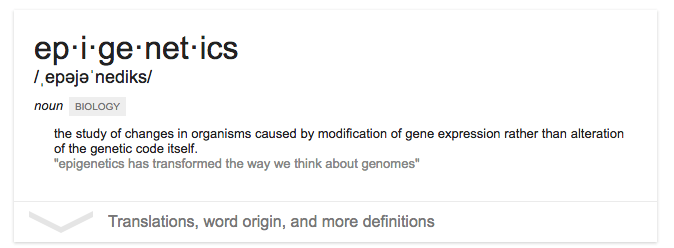Is Misophonia Genetic?

What can modern genetic theory tell us about misophonia?
Is misophonia genetic? At a basic scientific level, the answer is “we don’t know”. This answer is because misophonia has yet to be fully researched. Because of this, answers are still lacking. However, before scientists can even answer this question it is important to for the asker to have a basic understanding of modern genetic theory, in particular, epigenetics. Like a computer-switch in the brain, epigenetics shows that genetics aren’t as simple as “having the gene” or “not having the gene”. Both nature and nurture can play a role in many conditions. Because of this genes can be turned on or off. This interesting scientific discovery has uprooted a debate that has been hot and heavy for much of modern science.
If you have the following questions, then this post may be helpful for you:
- Is my misophonia genetic?
- What is the age of onset for misophonia?
 The distinction between nature versus nurture is now a dated model in genetics. Now we know that the interaction of genes and the environment is known to be without a clearly defined shape or form and less distinguishable than previously thought. The field of epigenetics demonstrates that genes may be turned on or off according to environmental factors. Perhaps most interestingly is that this idea renders for example, “age of onset” as a way to distinguish between disorders as less important.
The distinction between nature versus nurture is now a dated model in genetics. Now we know that the interaction of genes and the environment is known to be without a clearly defined shape or form and less distinguishable than previously thought. The field of epigenetics demonstrates that genes may be turned on or off according to environmental factors. Perhaps most interestingly is that this idea renders for example, “age of onset” as a way to distinguish between disorders as less important.
It’s a lot more complicated than we thought it was, and the take home message is that both nature and nurture contribute to human behavior in a complex and interactive way.
—Zachary Rosenthal PhD, Duke University
As the Jastreboff’s (who coined the disorder in 2001), originally suggested, misophonia sufferers negatively react to pattern-based sounds. While many of these sounds are person-oriented such as chewing, coughing, sneezing, many are not, such as pencil tapping, basketball bouncing, or typing on a keyboard. The Jastreboff’s hypothesized that negative cognitive association between these particular types of sounds and the misophonia sufferer had occurred, and could possibly be retrained. Yet, they did not suggest that only “people” or “body noises” were the cause of the negative reaction.
This idea has become somewhat confused in the emerging research literature. We do not yet know the physical or acoustic basis for the sounds people with misophonia respond to, nor do we know if all people with misophonia react to the same sounds or how many of the same sounds people react to, etc.
When asked, Zachary Rosenthal of Duke U had this to say:
When trying to make sense of complex health problems, we used to talk about nature versus nurture, conditioning versus genes, and environment versus biology. But what we now know–and in hindsight this is embarrassingly obvious– is that these are overly simplistic false divisions. These things that once were apparent distinctions as “either/or” now are becoming logically combined as “both/and.” The question is no longer whether a phenomenon is caused by conditioning or something physiological. The question is how and in what important ways do nature and nurture interact to predict human behavior? Nature and nurture reciprocally influence each other, likely in many ways and at many levels of analysis, their effects pinging and ponging off of each other. Genes and the environment interactively influence each other. The environment influences genetic expression, and genetic expression influences the environment. As an example, it would be overly simplistic, and flatly incorrect to assert that a disorder such as PTSD or OCD is caused by genes independent of any environmental influence. Genes impact conditioning, learning, and memory, and these processes influence the way in which we express ourselves in our environment, which influences how the world responds to us, which then impacts our underlying biology. It also would be overly simplistic to say that these problems are singularly caused by conditioning in the absence of any underlying biological influences. Conditioning processes are both biologically and environmentally influenced.
One very important distinction that the Jastreboff’s made is between the physical pain people with hyperacusis experience upon exposure to loud sounds versus the autonomic nervous system arousal those with misophonia experience upon presentation of repetitive, pattern-based auditory stimuli.
